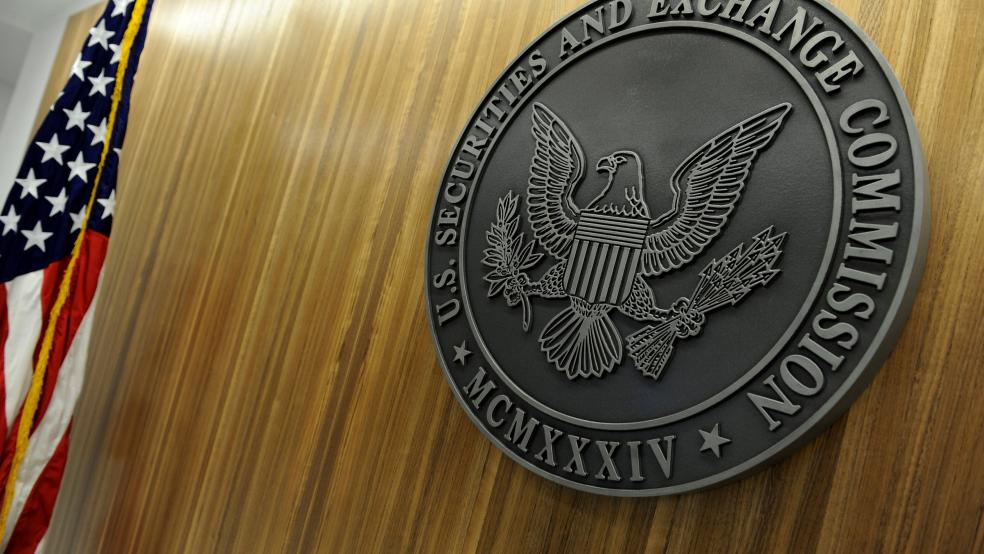(Reuters) - The U.S. Supreme Court on Friday agreed to hear a challenge to a key Securities and Exchange Commission practice -- its use of in-house judges to enforce investor protection laws -- by a former California-based radio host and investment adviser who is backed by the Trump administration.
The justices took up an appeal by Raymond Lucia, who was found liable for fraud by an SEC administrative law judge and hit with a lifetime ban from investment-related work. The case took a twist in November when President Donald Trump's Justice Department reversed course and sided with Lucia, known for his "Buckets of Money" investment strategy.Lucia and the administration argue that the SEC violates the U.S. Constitution in the way it hires its administrative law judges. SEC critics have said the use of these in-house judges gives the agency an unfair home-court advantage in enforcement disputes.The case is being closely watched by the business community and corporate rights advocates well beyond Wall Street. They have said that as the SEC's enforcement powers have expanded, the agency has sent more cases to its own judges rather than federal district courts.This allows the SEC to win more frequently, the U.S. Chamber of Commerce told the high court in a brief supporting Lucia's case, adding, "That materially and adversely affects the rights and interests of businesses."At issue in the case is whether the administrative law judges are merely SEC employees or "inferior officers" who wield significant decision-making authority and should be covered by the Constitution's "appointments clause." Inferior officers under the Constitution must be appointed by the president, the head of a federal agency or by a court.The U.S. Court of Appeals for the District of Columbia Circuit in 2016 rejected Lucia's challenge, saying the SEC judges are employees rather than officers because their decisions are not final and still subject to SEC review. But the Denver-based 10th U.S. Circuit Court of Appeals last May had ruled in a similar case that the SEC violated the Constitution in how its in-house judges were appointed.The Trump administration in November stopped defending the SEC's position, telling the justices in a brief that the agency's judges are officers subject to the appointments clause. It said it urged the court to hear the case because other agencies also employ judges in a manner similar to the SEC.That prompted the SEC on Nov. 30 to say that it had ratified the prior appointment of its administrative law judges, which it said resolves any constitutional concerns over cases they preside over. [nL1N1O015E]The SEC charged Lucia with securities fraud in 2012. SEC Administrative Law Judge Cameron Elliot found him liable, barring him from the industry and ordered him to pay $300,000 in fines. In his appeal to the Supreme Court, Lucia told the justices he is unemployable in his lifelong profession and on the verge of bankruptcy because the SEC judge imposed "the securities industry equivalent of capital punishment."The court is likely to decide the case by the end of June, when its current term ends. (Reporting by Andrew Chung; Editing by Will Dunham)U.S. Supreme Court takes up challenge to SEC in-house judges

Jonathan Ernst



